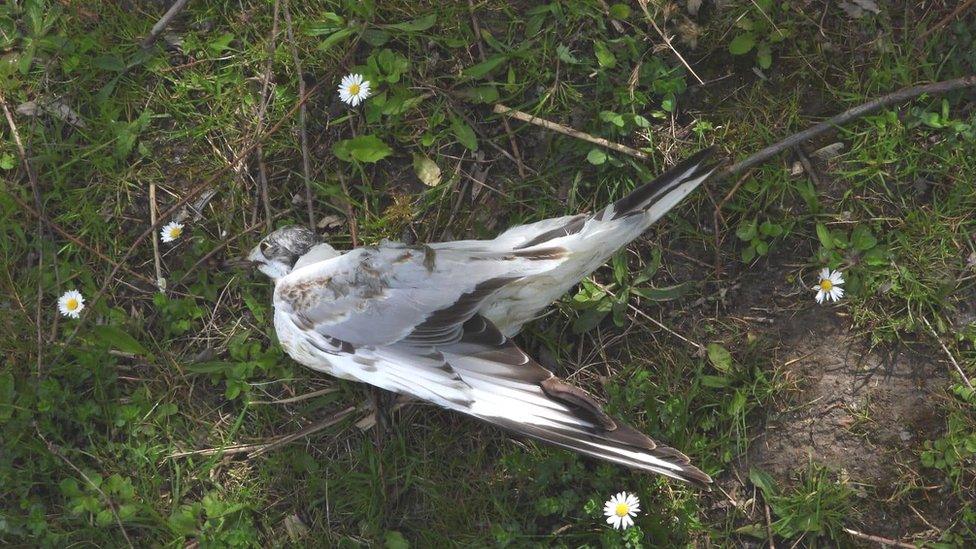Brownsea Island: Bird flu confirmed after 600 birds found dead
- Published
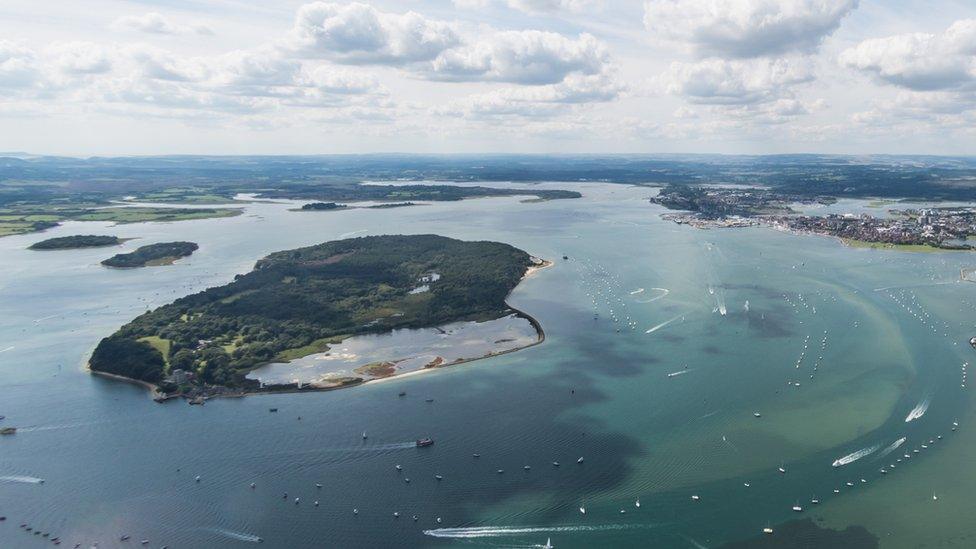
Avian flu is spread by close contact with an infected bird, whether it is dead or alive
Bird flu has been confirmed at a nature reserve where 600 birds have been found dead in recent weeks.
Brownsea Island in Poole Harbour, Dorset, has been closed since 16 June while tests were carried out.
The results from the Department for Environment Food and Rural Affairs (Defra) confirmed it was avian flu.
Dorset Wildlife Trust said it would "potentially have a serious impact on future populations" as most of the birds found dead were chicks.
The charity said the outbreak happened at the height of the breeding season at the reserve "when hundreds of Sandwich terns, common terns and black headed gulls come to Poole Harbour and nest on the islands in the Brownsea lagoon".
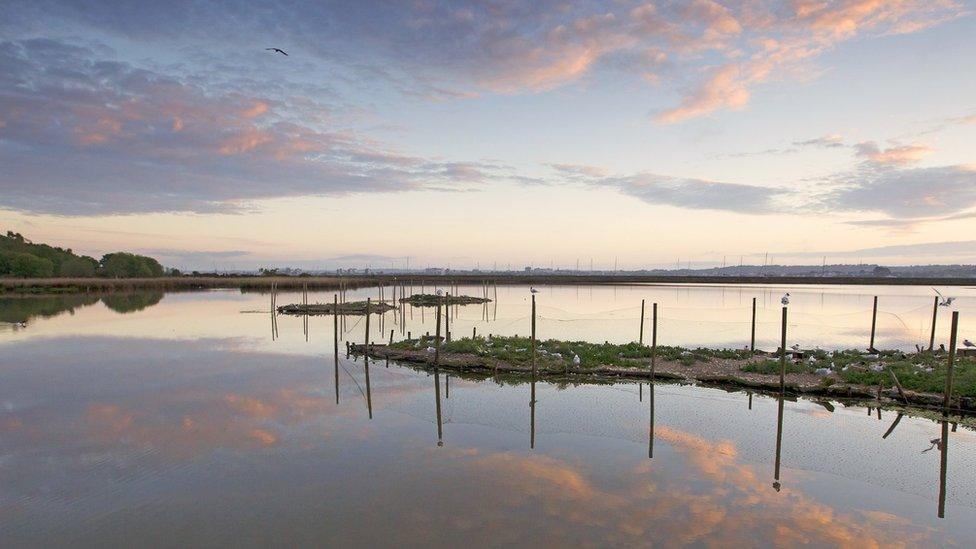
Brownsea Island in Poole Harbour has been closed since 16 June
"For this reason, the majority of the 600 dead birds found were chicks which will potentially have a serious impact on future bird populations," the trust added.
Its staff were working to "monitor and manage this very difficult and distressing situation and to reduce any risk of spreading the disease".
Avian flu is spread by close contact with an infected bird, whether it is dead or alive.
The nature reserve's lagoon, surrounding reedbeds and woodlands will remain closed for the foreseeable future.
Visitors can still go to the part of the island run by the National Trust.

Follow BBC South on Facebook, external, Twitter, external, or Instagram, external. Send your story ideas to south.newsonline@bbc.co.uk, external.
Related topics
- Published16 June 2023
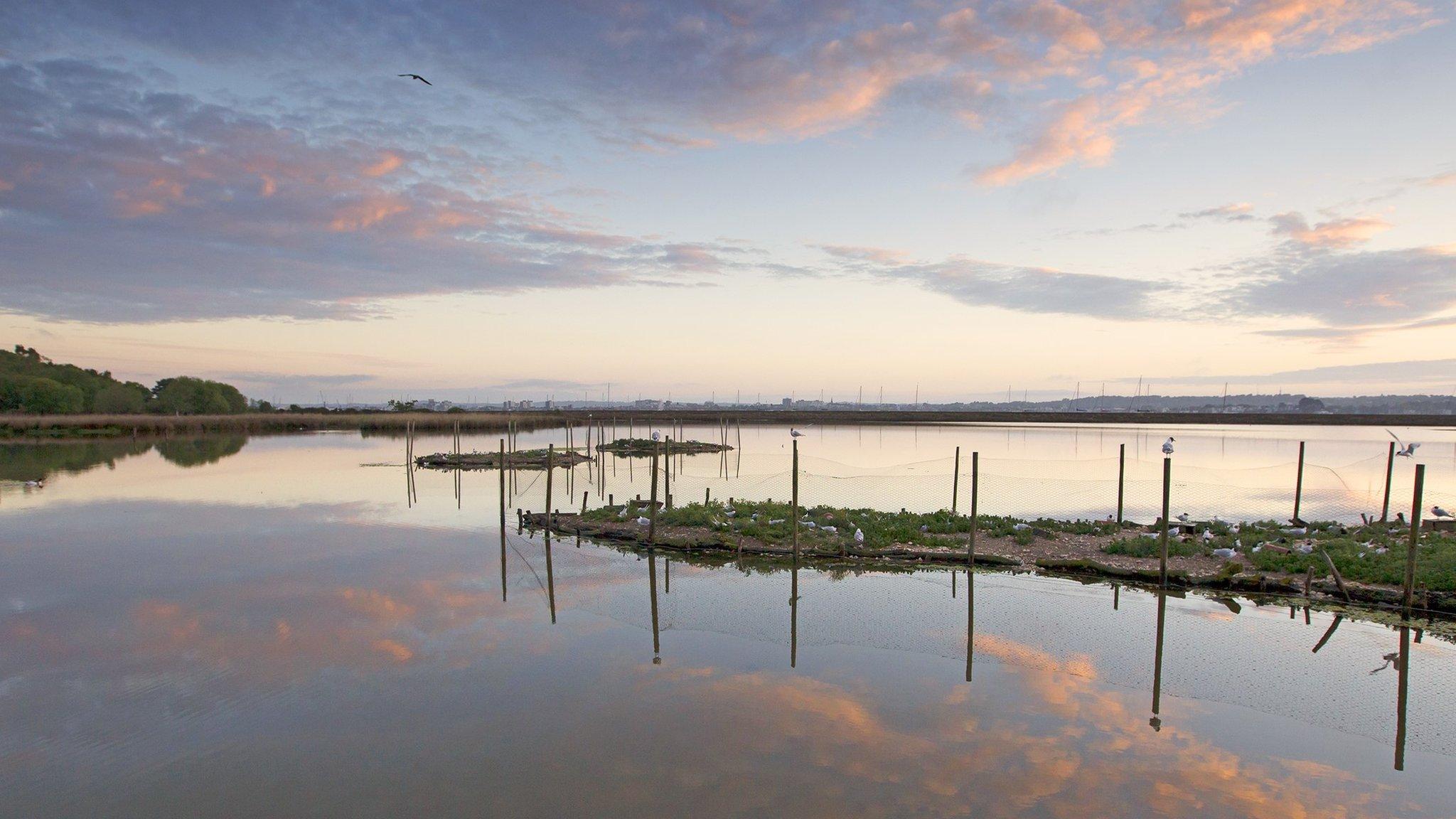
- Published16 June 2023
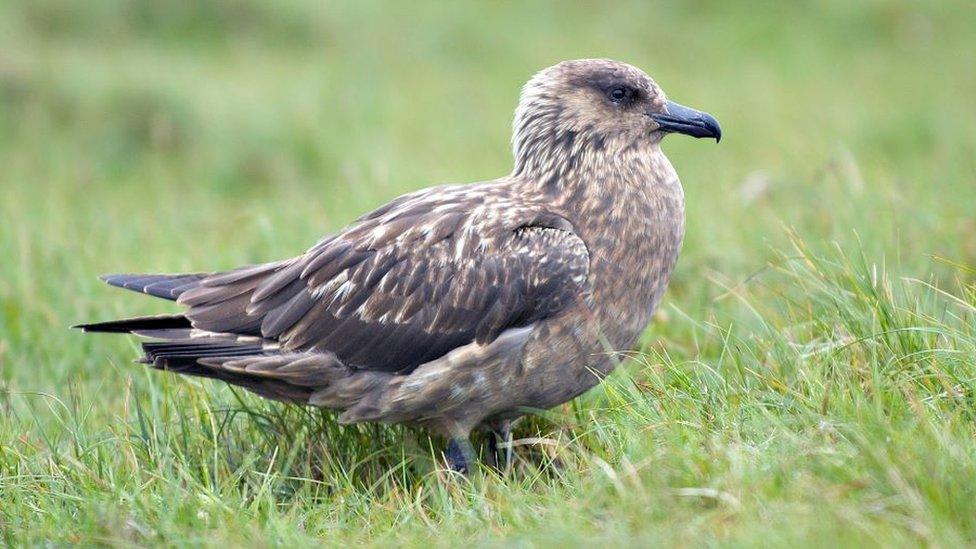
- Published2 May 2023
